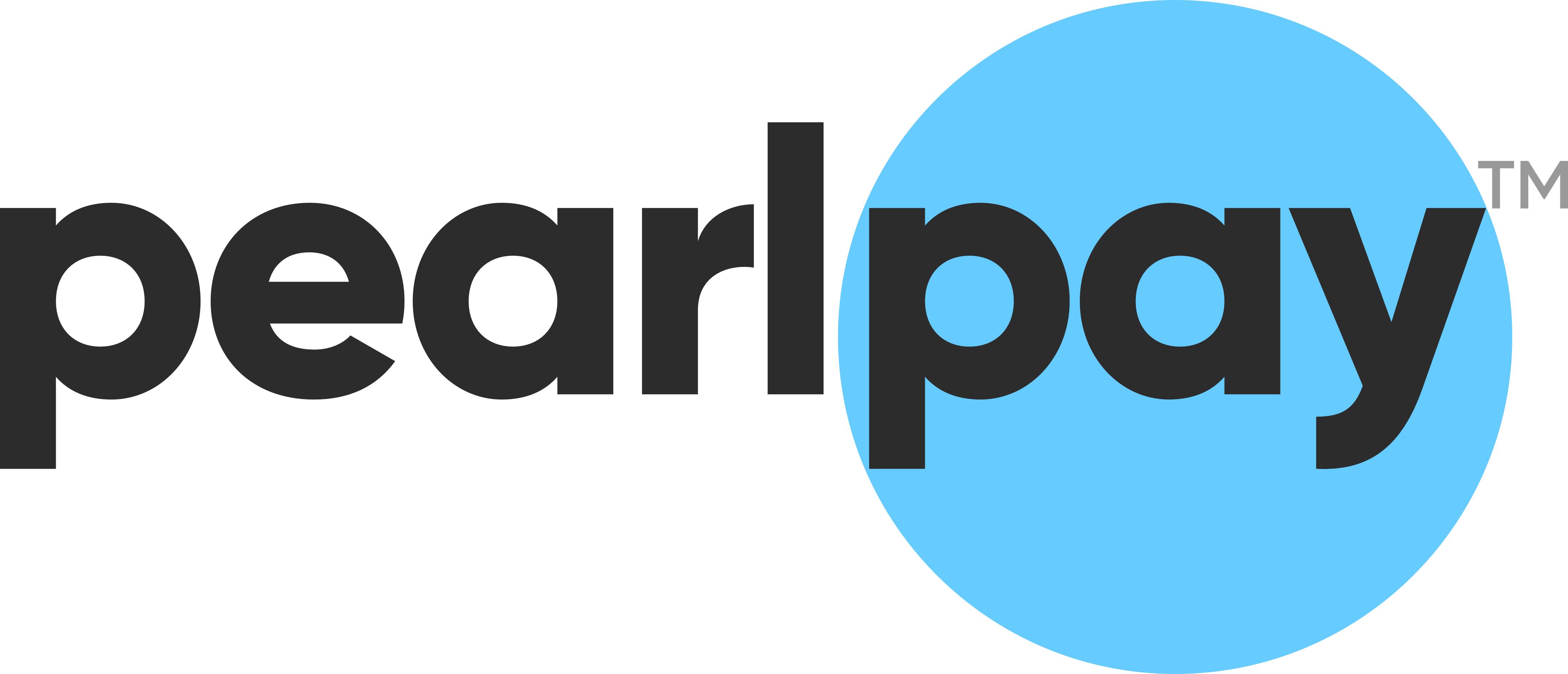Rural Bank of Maddela (Quirino) Inc. (RB Maddela), located in the Province of Quirino, has been serving their clients for 44 years. The bank’s long-standing experience did not spare it from the challenges of outdated systems and work processes such as: manual computations, time-consuming report generation, inefficient management and tracking of customer information files with other bank records, slow backup process and no updated customer’s information.
Despite these challenges, rural banks like RB Maddela are resilient even with the ongoing COVID-19 pandemic. Former BSP Governor Benjamin Diokno conveyed that rural banks are sufficiently capitalized to weather the economic crisis caused by the pandemic. The rural banking industry was able to keep up with the increase in credit applications and loan disbursements from the agricultural and healthcare sectors despite strict community quarantine.
For RB Maddela, it was able to productively continue providing loans and other financial services to farmers, jeepney and tricycle drivers, and MSMEs. However, the use of an outdated system limited their capabilities in serving the community better.
The Need for Digitalization

The pandemic has boosted digitalization across all industries, including the banking and finance industry. One example is the Digital Payments Transformation Roadmap 2020-2023 by the Bangko Sentral ng Pilipinas (BSP). The BSP aims to onboard 70% of Filipino adults to the formal financial system through the use of payment or transaction accounts and convert 50% of the total volume of retail payments into digital.
Prior to the pandemic, the rural bank industry had already been preparing for a large-scale digital transformation. In 2018, the Rural Bankers Association of the Philippines (RBAP) and its member banks were working on shifting to digital cloud-based core banking technology, in line with BSP Circular 8080 (Guidelines on Information Technology Risk Management for All Banks and Other BSP Supervised Institutions issued in 2013). The shift in cloud-based core banking systems is seen as a foundational enabler that helps banks like RB Maddela not just to comply with existing and revised regulations but also scale up operations. The cloud-based system further addresses the digitalization challenges banks experience:
Manual computations
The bank performs their computations manually. For example, to generate the Effective Interest Rate (EIR), they input the data into an excel file. Once the EIR is generated, RB Maddela can proceed to compute their monthly amortization in a separate file. Afterwards, the bank will double check their EIR file to ensure that the amortization computation is aligned with it.
Time-consuming report generation
Accounting reports, internal reports, and regulatory reports are all done manually. The bank’s tellers, cashiers, accountants, and compliance personnel have to often work overtime to submit the reports on time.
Inefficient management and tracking of customer information file and other bank records
RB Maddela had a manual file keeping system to track their customers’ and bank records. Due to this, the bank had difficulty locating client records, especially when there is a need to check how often customers pay their loans, if they pay on time or if they have past due payment, and other transactions.
Slow backup process
It usually takes the bank around 30 minutes to an hour to back up its files. If the computer’s storage is full, the bank has to bring their hard drive to the Cauayan office, which is an estimated 2-hour drive. To reduce the size of the files or update the hard drive, they need to go through this tedious procedure.
Unable to edit or update customer’s information
With its current system, RB Maddela would need to update their customers’ information file on certain occasions. For example, if one customer gets married and the person wishes to update his/her file, the bank must create a new account with the updated information. This account will be used to process and log future transactions to replace the previous account.
Through digitalization, the bank can fulfill their mission in helping improve the quality of life in rural areas by delivering quality services in their community.
The Rural Bank of Maddela’s Transformation Journey
RB Maddela started its onboarding to PearlPay’s Core Banking Solution (CBS) on May 13, 2020. Due to social distancing protocols, the bank underwent a virtual onboarding process. All of the training sessions and meetings were done online. Though the shift to digital may be overwhelming, RB Maddela took the change in stride and was able to understand what it takes to fully transform – especially since the bank wasn’t familiar with using digital platforms like Google Meet and Google Drive at the start.
Shifting from traditional banking to a cloud-based banking solution may be a challenging task at first for rural banks. However, digital transformation does not simply mean improving the bank’s infrastructure and system. Digital transformation most significantly means caring for the customers and other stakeholders. For all this development to happen, banks must be open to digitalization and are willing to welcome new ways of doing banking positively.
The onboarding process helped RB Maddela understand and embrace digitalization better. “They provided almost all of everything we needed. We commend their 100% support and guidance to RB Maddela from the start and up to now,” stated Joseph Lejano, President of Rural Bank of Maddela (Quirino), Inc.
First, the bank conducted a gap analysis to identify problems in its current system. The identified gaps were addressed in PearlPay CBS to guarantee that the platform can cater to their needs. This is followed by a series of BSP-mandated compliance checks and data security checks to ensure the system’s compliance.
The next step of the onboarding process was the migration stage where the processes and workflows from the old system were transferred and built into the PearlPay CBS. Afterwards, RB Maddela completed the User Acceptance Testing (UAT) training. It’s an extensive series of learning sessions for core members of the rural banks, typically those involved with IT, compliance, and other managerial positions to familiarize themselves with using the CBS platform. The UAT sessions help transform the bank’s core teams from learners to leaders. Eventually, they can teach their colleagues how to use the CBS.
Once comfortable and assured with the use of CBS, the rest of the employees underwent a series of End-User-Training (EUT) sessions led by RB Maddela’s core team members. This allowed the employees to accept the system as their own and acknowledge the significant milestone in RBM’s digital transformation journey. The EUT sessions and training guaranteed RB Maddela’s efficient transformation despite the lack of IT background among its people and absence of a Tech Team in the bank.
For a certain period, the bank tested its old system and PearlPay’s CBS simultaneously. This allowed a proper and smooth transition from the bank’s old system to the new one.
The Better Way to Transform
RB Maddela officially went live with PearlPay CBS on September 1, 2021. The bank has made remarkable leaps in its employee performance and overall digital transformation journey. With a compliant system that offers streamlined processes, the bank can now do its computations seamlessly and submit reports on time.
“With CBS, we can say that daily bank transactions become easier and faster. Everything in just a click.” -Joseph Lejano, President of Rural Bank of Maddela (Quirino) Inc.
The bank now spends less time processing loans, now able to review loan applications and release loan disbursements more efficiently. Before, RB Maddela had to look for customers’ application forms and manage manually-submitted requirements. Now, everything can easily be searched for in the CBS.
Moreover, RB Maddela is able to train new employees faster. The bank found it easier to learn and adapt using the system than expected. With a more optimized system as well as banking processes, RB Maddela is able to speed up their methods and serve more Filipinos in Quirino and the surrounding locales.
In today’s modern world, it’s easy for traditional financial institutions and businesses to get left behind. Through innovative and affordable digital solutions, the Philippines can rise from underdevelopment. By making financial services universally accessible, more Filipinos can be given the opportunity to succeed and make an impact in their own small or big way.
Related Posts
October 11, 2022
Digitizing MSMEs: How You Can Grow and Thrive in the Philippine Digital Economy
Understanding how MSMEs can go digital will help them earn more and encourage their growth in the…
August 16, 2022
Manila’s 35 Fastest Growing FinTech Startups
PearlPay was selected by Fintech Energy, which monitors over 200,000 startups, as one of the…
June 21, 2022
MSME Financial Support Programs
Naglunsad ang gobyerno ng iba’t ibang loan programs para tulungan ang mga MSME sa bansa. Alamin…



